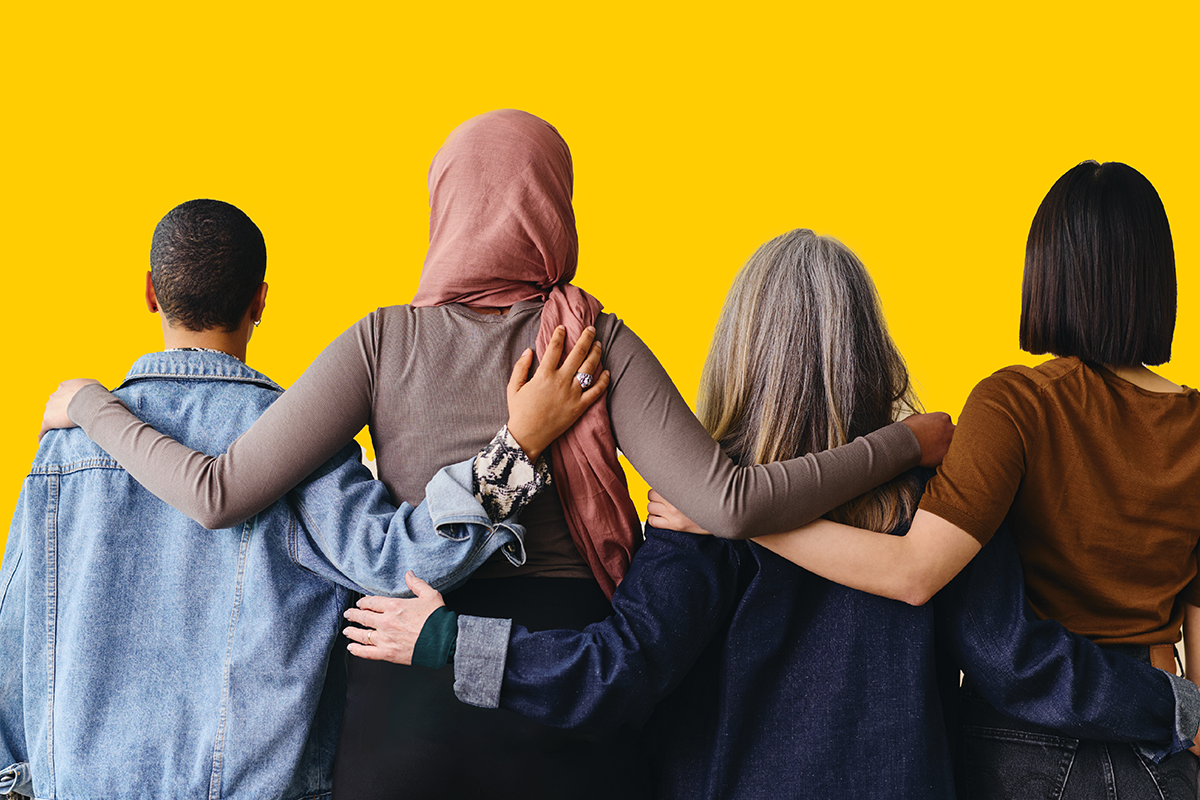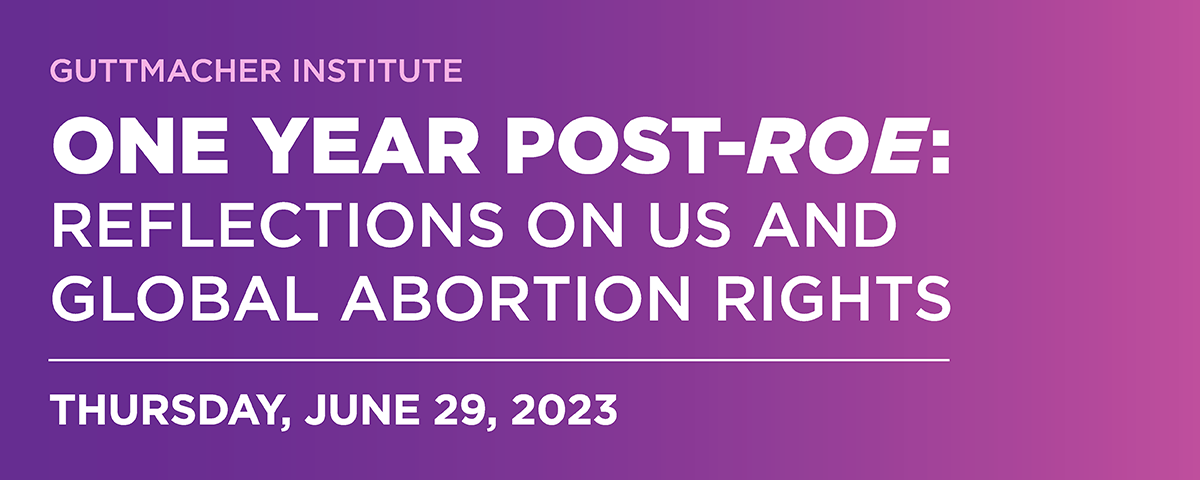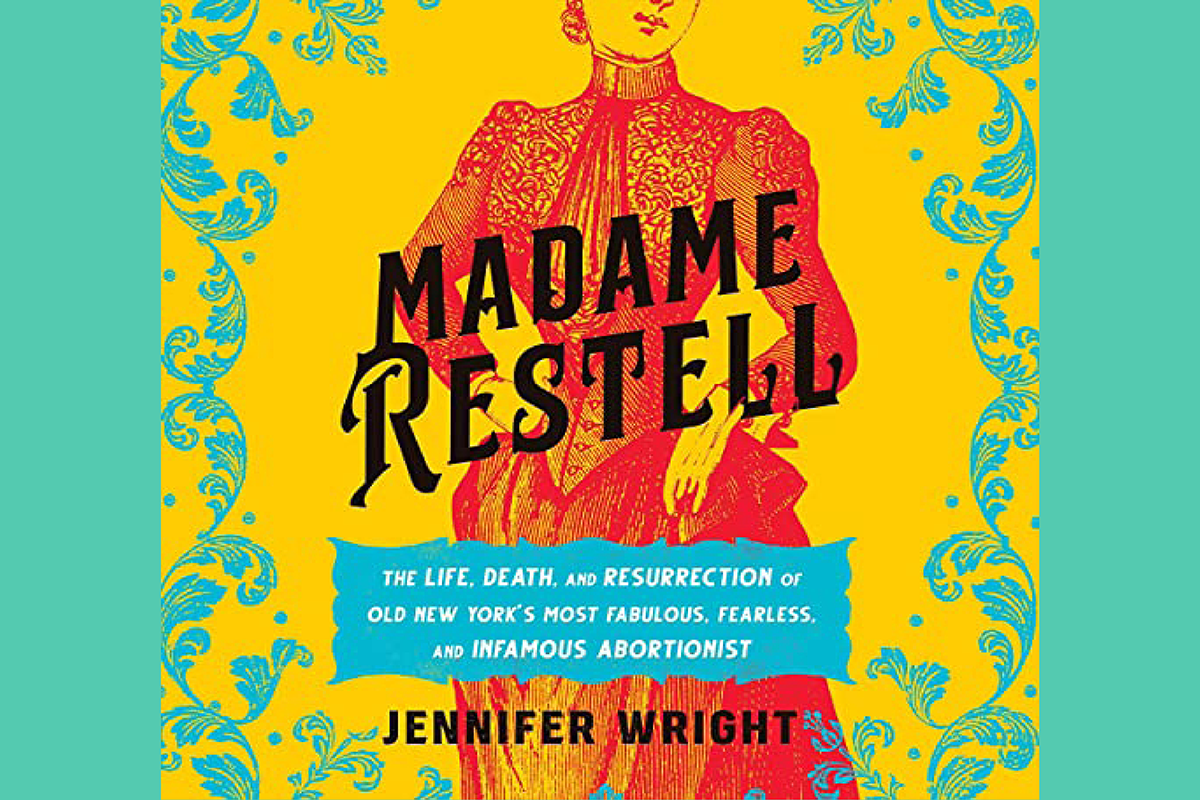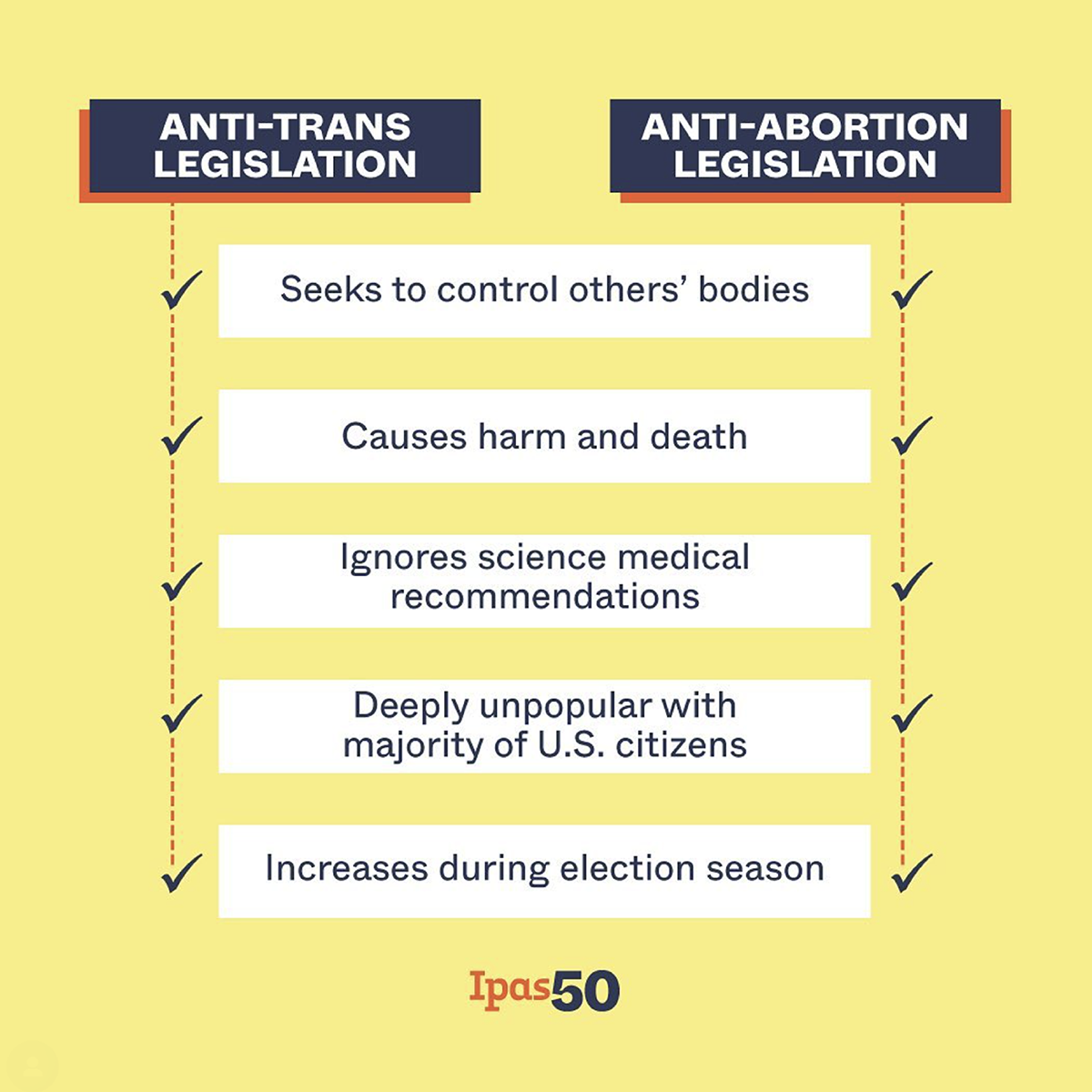From Our President
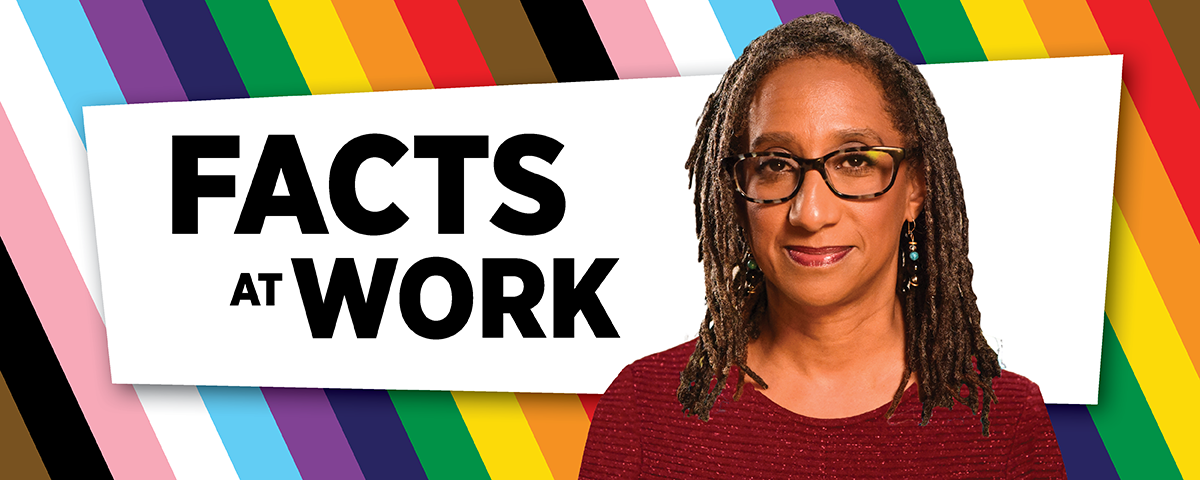
Anniversaries are important. Marking a moment in time offers an opportunity to contemplate how far we’ve come—or have yet to go.
In the United States, June is LGBTQ Pride Month, established to commemorate the travails and celebrate the victories experienced by individuals with diverse sexual or gender identities in the struggle to attain their basic human rights. What started as an event in a single city—a march in Manhattan on the one-year anniversary of the Stonewall Uprising of 1969—has grown into a global movement. Fifty-three years later, Pride festivities now take place in over 100 countries.
At Guttmacher, we recognize our responsibility to support Pride all year round. We produce research, policy analyses and other materials that promote the sexual and reproductive health of LGBTQ+ people. We uncovered data from our most recent Abortion Patient Survey showing, in a forthcoming analysis, that a substantial proportion of abortion patients identify as LGBTQ+, and we studied how the COVID pandemic impacted LGBTQ+ individuals. We investigate the provision of abortion care for transgender and gender nonbinary individuals. We track state-level bans on gender-affirming care and draw attention to how these bans and abortion bans represent two sides of the same coin: Both undermine people’s bodily autonomy, increasing stigma and harm.
Yet there is much more that we all can—and must—do. The recent waves of punitive anti-LGBTQ legislation in the United States, as well as in Uganda, Kenya, Russia and Hungary, are a dire threat to people’s lives and must not pass unchallenged.
We now have another event to recognize each June. A year ago, on June 24th, the US Supreme Court’s decision in Dobbs v. Jackson eliminated the constitutional right to abortion. Guttmacher has planned a series of activities and publications to note the one-year mark and the consequences of this adverse Ruling. Join us as we confront the looming challenges facing abortion access and LGBTQ rights. On both fronts, we have so much further to go.
In solidarity,
 Herminia Palacio, President & CEO
Herminia Palacio, President & CEO
